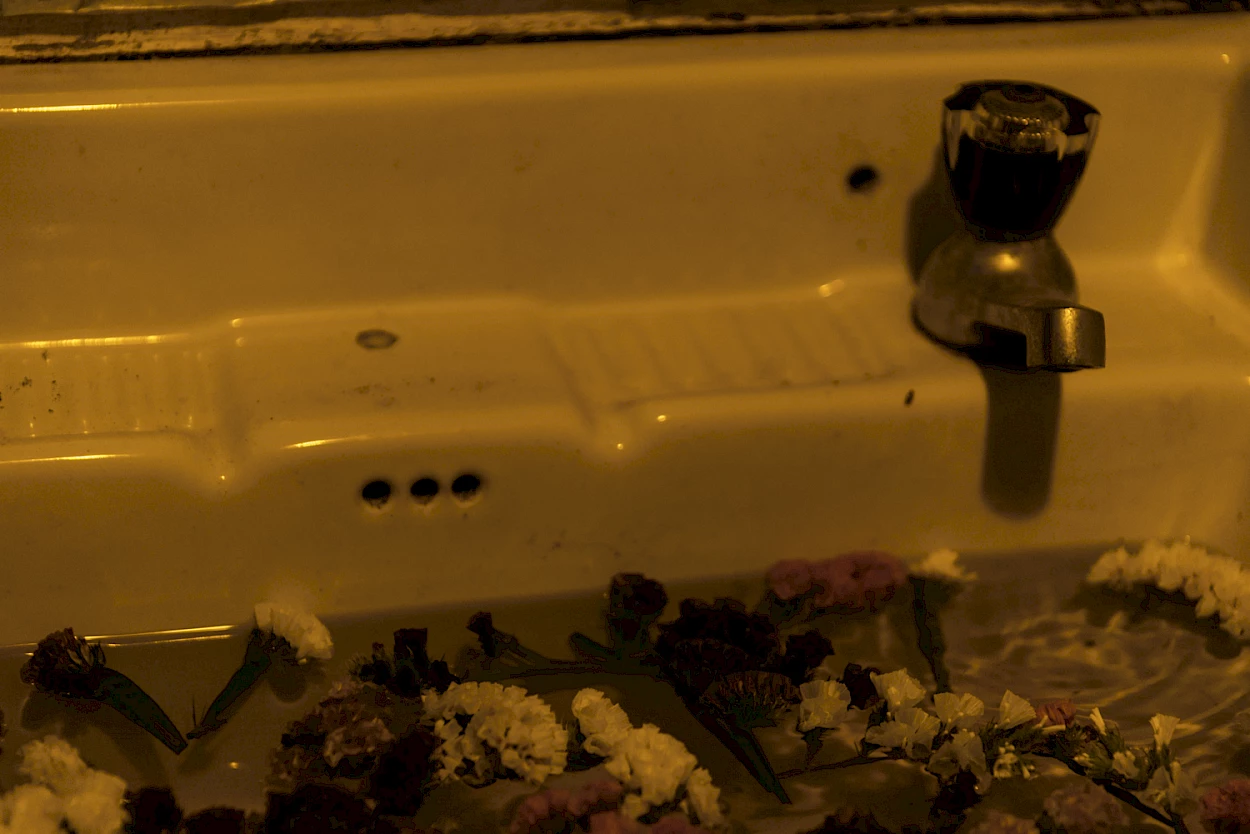Presentation
The Center for Interdisciplinary Studies of the University of Coimbra [CEIS20 - UC] and the Directorate-General for the Arts [DGARTES] signed a protocol that provides support for the realization of the Study “Ecological and sustainable practices in the performing arts in Portugal”, coordinated by the researchers Vânia Rodrigues and Fernando Matos Oliveira, in conjunction with the exploratory research project FCT.
The ways of doing in the artistic and cultural field are currently being questioned and scrutinized by ecological issues, making this an unquestionably relevant area of research, debate and intervention.
CEIS20-UC welcomes the opportunity to carry out this unprecedented study in Portugal. The study follows the efforts that this markedly interdisciplinary research center has been developing in order to structure and densify the research around the modes of creation and artistic production, and which led to the recent reinforcement of its research strand dedicated to this domain.
Recent initiatives worthy of mention are the international seminar Modes of Production, held in October 2021, and the project GREENARTS – Green Production: Performing Arts in Transition, which has been awarded competitive funding by an internationally jury via FCT.
The support of the Directorate-General for the Arts in the initial phase of this investigation will make it possible to carry out a broad survey to take stock of the standpoints, practices and specific needs of the artistic community in Portugal.
Why is this happening?
Each day, the urgency and impact of the environmental crisis and climate change become more evident and more tangible in all spheres of life in society. The pace of environmental degradation, the growing threat to territories, populations, ways of life and cultures and the political implications of the issue - intrinsically associated with neoliberal capitalist models of social and economic development - make the ecological challenge potentially the most mobilizing challenge of the current generation. In this context, and in the face of repeated and substantiated calls from the international scientific community, governments, organizations and citizens are progressively incorporating issues of the environment and ecology into their strategies, ambitions and decisions. Extremely diverse in their views and positions, the arts and culture are no exception to this panorama of growing concern and involvement.
In recent years, in the context of the EU, initiatives have multiplied in which the yearnings for models of action more in line with the aims of environmental and social sustainability are fully discernible; shows, performances, editions, associations and platforms have been set up. At political level, the incorporation of environmental sustainability criteria into European funding mechanisms for the sector is underway, in line with the UN Sustainable Development Goals, and several countries are beginning to reflect these requirements in their public policy formulations.
What is the situation in Portugal?
In Portugal, keeping up with ecological transition proves particularly challenging. Artists, producers and decision-makers are currently faced with the need to reconcile the changes required by ecological awareness with the pre-existing difficulties and dysfunctions, which the pandemic has revealed and deepened. The challenge is therefore colossal: it is about articulating the need to promote significant transformations towards a more eco-responsible cultural and artistic sector by overcoming various structural weaknesses that mark the possibilities for development of the field of arts in Portugal, while also incorporating the much needed social justice. Even more, it is imperative to do so in a way that does not avoid the inherent complexity, nor the dissent that the issues entails, which are both implicit and explicit in tensions and divergent positions in the arts and cultural field.
What's next?
In the coming weeks, a survey will be launched among hundreds of organizations and professionals, with particular emphasis on those which are currently receiving structural funding from DGARTES. The survey constitutes the first phase of a broader investigation path, which extends into 2024.
The study's conclusions and recommendations will be made public in 2023, with the publication of a report in Portuguese and English, and dissemination activities throughout the country and abroad.
How do I contact the team responsible for the study?
Principal Researchers: Fernando M. Oliveira and Vânia Rodrigues
Email: modesofproduction @ uc.pt
Do you want to follow this study? Leave us your email here.



